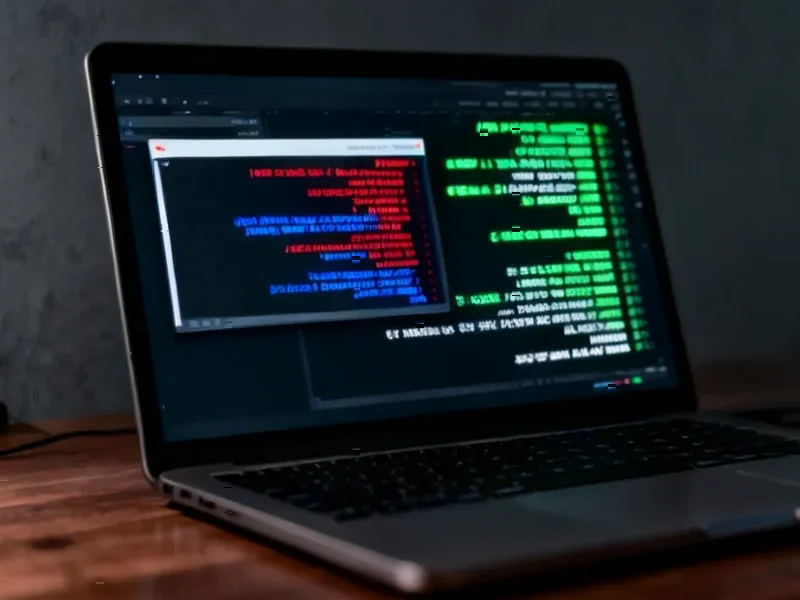According to Fortune, entry-level hiring on LinkedIn has plummeted 25% compared to March 2020 levels, creating a much steeper climb for early-career workers. Companies are simultaneously preparing for an AI-powered future while conducting layoffs, making the environment particularly challenging. The situation is so dramatic that 99% of HR professionals have been asked to add more AI skills to job descriptions this year, according to a survey of 500 HR leaders. Career experts like LinkedIn’s Andrew Seaman and PwC’s Margaret Burke say workers who show initiative and embrace AI have the best shot at advancement. They emphasize that AI literacy doesn’t require going back to school or learning code, but rather understanding how to integrate tools into workflows and drive efficiency.
AI is becoming table stakes
Here’s the thing: knowing how to use ChatGPT and similar tools is quickly becoming the bare minimum expectation. The real differentiator isn’t just using AI to draft emails or edit documents – it’s understanding how these tools fit into broader workflows and being able to diagnose when outputs are flawed. Margaret Burke from PwC puts it perfectly: “They’re not just using AI to get something done; they’re using it to think differently.” Basically, companies want people who can leverage AI for strategic advantage, not just as a productivity booster. And with just over half of workers saying enhanced training is crucial for AI success, pitching your manager on relevant courses becomes a smart career move.
Taking ownership matters more than ever
Don’t wait for someone to tap you on the shoulder. That’s the consistent message from career experts watching who advances fastest in this environment. The employees who stand out are proactively tracking what they’re learning, how they’re helping others, and what impact they’ve made. But what does this actually look like day-to-day? It means raising your hand for new challenges, sharing AI prompting tips with your team, or proposing smarter processes. These behaviors demonstrate curiosity and leadership even without the formal title. The reality is companies are still figuring out how AI will reshape roles, so being the person who helps navigate that uncertainty is incredibly valuable.
Human skills are the real differentiator
Now here’s the counterintuitive part: as AI becomes more capable, the skills it can’t replicate are becoming more valuable. Christopher Myers from Johns Hopkins points out that relationship-building, problem-solving, collaboration, and influence are what will truly make workers indispensable. “Employees who demonstrate excellence in those areas will stand out even more in an AI-enabled workplace where technical expertise and knowledge alone are no longer irreplaceable,” he told Fortune. Think about it – AI can generate content and analyze data, but it can’t build trust with clients or navigate office politics. The people rising fastest are those who know not just what to do, but how to get it done through others.
Steady beats frantic reinvention
With new AI tools launching constantly, it’s tempting to scramble after every shiny new technology. But career experts caution against this approach. LinkedIn data shows nearly one in five U.S. professionals now hold job titles that didn’t exist in 2000, proving that career evolution happens gradually through technological change. Andrew Seaman’s advice? “Your career is long. Small, consistent actions matter more than trying to rush the process.” The key is learning agility – being the person who helps your team move forward in the face of change. That combination of technical curiosity and human judgment is what creates truly indispensable employees in the AI era.




